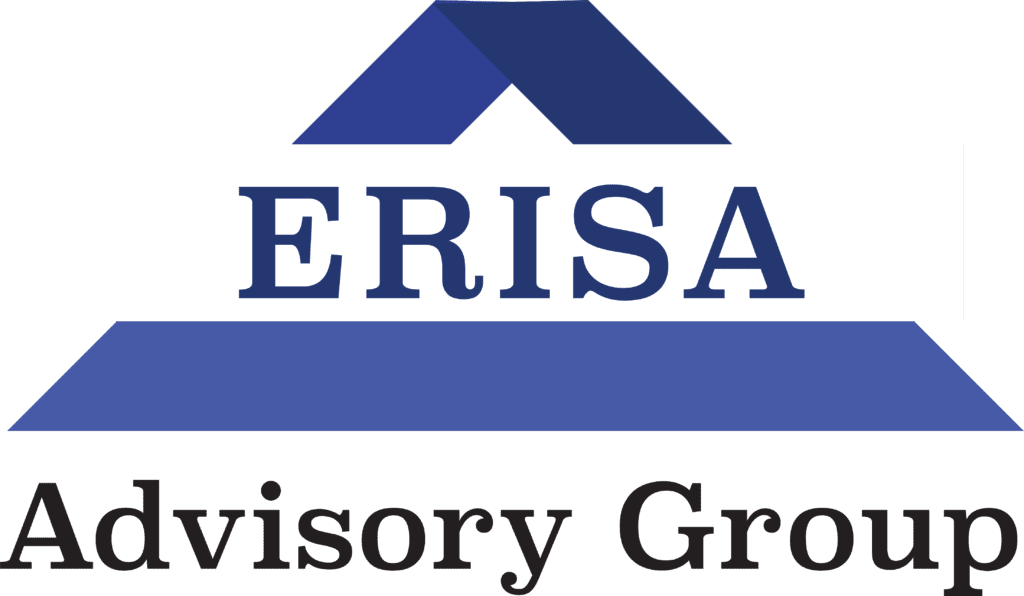As a business owner, you know that managing employee benefits is an important part of running your company. But understanding how to navigate ERISA compliance can be overwhelming and confusing.
That’s where an ERISA Independent Fiduciary comes in.
The right fiduciary with this specialty can make a world of difference.
From helping you reach your goals when it comes to managing your plan, or simply staying legally compliant so you can reduce the risks of incurring fines & penalties from an EBSA audit…
There are a variety of ERISA Fiduciary Services you would be wise to consider if you want to make your business run better.
What Are ERISA Fiduciary Services?
ERISA Fiduciaries work to ensure your Health & Welfare or Qualified Retirement Plan are legally compliant with the Employee Retirement Income Security Act (ERISA). This includes managing, administering, and reporting on employee benefits plans.
The #1 rule every ERISA Fiduciary must follow is ensuring that decisions made in these areas are in the best interest of plan participants & beneficiaries as the law requires.
Types of ERISA Fiduciary Services
You can break ERISA fiduciary services down into four primary categories. Let’s look at them now:
Plan Administrator
Your 3(16) Plan Administrator is someone who is going to oversee the daily needs of your Health or Retirement plan. If you are a large employer, you could see the needs of your plan change daily. You could need constant updates for your plan to make sure that it still covers all of your employees.
Examples can be employers that either have high turnover or ones that hire a lot of people. This can mean that the employer’s details as to who is on the plan and how much they need to be covered can change constantly.
What a Plan Administrator does is keep up with this constant change. They can let an employer know if they need to upgrade their plan, which employees qualify for the maximum benefits, make sure that employers are staying in compliance with their retirement plan package, and more.
The right fiduciary in this position can be person that helps save your head from spinning trying to keep up with all of the details.
Investment Manager
If your ERISA retirement plan is one that relies more on the market, you are going to need a 3(38) Investment Manager. This person is primarily responsible for making investment decisions when it comes to an employer’s retirement plan package and benefits.
They should have investing experience and be considered a professional in their field. Their job is to look for advantageous investing opportunities and strike while the iron is hot.
Every employer should have an Investment Manager overseeing this aspect of their ERISA Plan because they will see openings to massive ROI investments the average business owner or employee won’t see.
So, if you are going to hire someone to make these decisions for your company, make sure it is a professional that you can trust.
Investment Advisor
This person is similar to the Investment Manager above. The main difference is that unlike the manager, a 3(21) Investment Advisor does not have the final say on how your plan investments take place.
Their job is to review your plan package and assess the current market. Then, they let your company know about potential investment opportunities and give you warnings when they think you avoid certain “opportunities”, or cash out on an investment that is no longer favorable.
At the end of the day, they are merely acting as your advisor. They are whispering in your ear to give you the best professional investment advice that they can. Ultimately, the decision is yours.
Directed Trustee
A Directed Trustee is a fiduciary who manages your plan’s Trust Fund. It’s becoming an increasingly popular choice to hire an independent fiduciary for this position because he or she is an expert in managing the interests of the Trust in a way that’s compliant with ERISA.
These responsibilities can include (but are not limited to): determining contributions to the plan, monitoring the accuracy of contributions collected, and ensuring those contributions are collected in a timely manner.
Also, Directed Trustees take on the uncomfortable task of providing delinquent employers with notices of legal action when necessary. This includes overseeing the payment of interest, court costs, and other legal fees in the instance a lawsuit is filed.
Hire AN ERISA INDEPENDENT FIDUCIARY
These are the main ERISA Fiduciary services that you should inquire about if your company offers an ERISA Health or Retirement Plan and you need help.
At the ERISA Advisory Group, we’ve been helping Business Owners and Plan Sponsors reach their goals and stay ERISA Compliant since 1995, using all the services listed above.
If you want advice, then book a free consultation with us today.

